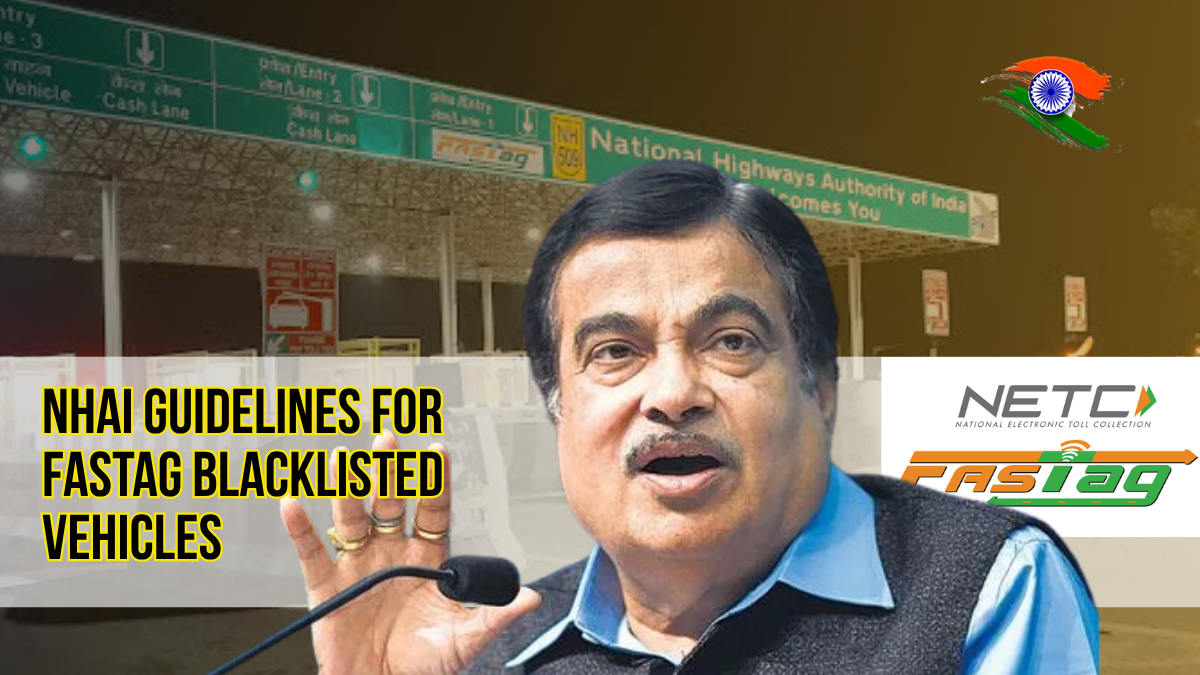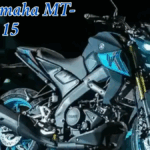With the widespread implementation of FASTag across India’s national highways, over 98% of toll transactions have gone digital. While this has increased efficiency and transparency, it has also introduced complications—especially for users whose FASTags become blacklisted due to low balance or technical issues. Many drivers are unaware that they still retain fundamental rights at toll plazas, even when their FASTag is blacklisted. The National Highways Authority of India (NHAI) has issued clear guidelines affirming that toll staff cannot harass or deny access to these users.

This comprehensive guide covers your rights, complaint mechanisms, new regulations, and best practices to protect yourself while traveling.
Summary Table: FASTag Blacklisting
| Topic | Details |
|---|---|
| Validity of FASTag | Mandatory for all vehicles at NH toll plazas |
| Common Issues | Low balance, expired tag, bank errors, RFID issues |
| Rights of Users | No forced lane changes, no harassment, cash payment allowed |
| Complaint Helpline | 1033 (Available 24×7) |
| Official Portal | https://nhai.gov.in |
| Complaint Email | etc.nodal@ihmcl.com |
What is FASTag Blacklisting?
FASTag blacklisting occurs when the RFID tag linked to a vehicle is rendered inactive due to:
- Insufficient account balance
- Technical malfunction
- Mismatch in vehicle details
- Bank-initiated action
- Expired tag or prolonged inactivity
A blacklisted tag means automatic toll deduction fails. However, this does not mean your vehicle can be denied passage.
Rights of Blacklisted FASTag Users
1. Right to Passage
NHAI mandates that all users, regardless of FASTag status, must be allowed passage upon paying the toll fee via alternate methods (usually cash). Toll plaza staff cannot force blacklisted users to change lanes or deny them service.
Permitted:
- Same-lane toll payment in cash
- Proper receipt issuance
- Equal treatment as active users
Prohibited:
- Forcing lane change for ‘system reset’
- Denial of service
- Charging extra fees
2. Right Against Harassment
Toll staff must remain courteous. Verbal abuse, intimidation, or delaying tactics violate NHAI’s service code. Users can report such misconduct to the 1033 helpline.
3. Right to File Complaints
If you face any discrimination or trouble due to blacklisting, you can:
- Call the 1033 helpline (toll-free)
- Email your issue to etc.nodal@ihmcl.com
NHAI Guidelines for Toll Staff Behavior
| Scenario | Required Staff Action | Prohibited Action |
| FASTag Blacklisted | Accept cash in the same lane | Forcing lane change or denying entry |
| Technical Errors | Offer assistance and alternative payment options | Refusal to assist or accept payment |
| Complaint Raised by User | Provide 1033 details and register complaint | Dismissing or ignoring complaint |
How to Handle a Blacklisted FASTag at Toll Plazas
- Pay in Cash: Pay the toll fee in the same lane where the issue occurred.
- Request a Receipt: Always ask for a physical toll receipt.
- Document the Incident: Note toll location, time, staff identity (if possible), and your vehicle number.
- Call the 1033 Helpline: Report harassment or improper treatment immediately.
- Email Escalation: Use etc.nodal@ihmcl.com for higher-level grievances.
What 1033 Helpline Can Do
- Register complaints against toll plaza staff
- Help resolve FASTag blacklisting issues
- Provide technical support or toll-related guidance
- Connect users to regional NHAI officers
Common Misconceptions vs. Real Rights
| Myth | Reality According to NHAI |
| Blacklisted FASTag must switch lanes | No. Payment should happen in the same lane |
| Cash payments need system restart | No. Immediate cash payment is acceptable |
| Double toll applies for blacklisted tags | No. Standard toll rates apply when paying in cash |
| No complaint mechanism for blacklisted users | False. 1033 and email channels are open to all users |
Bank’s Role in FASTag Issues
Banks that issue FASTags are also accountable for resolving technical failures and account issues.
What Banks Must Do:
- Notify users about blacklisting
- Reactivate FASTags upon recharge
- Offer customer support
What Users Should Do:
- Maintain sufficient balance
- Set up auto-recharge
- Keep contact details updated
Preventing FASTag Blacklisting
- Ensure minimum balance is maintained
- Link auto-recharge with UPI or bank account
- Monitor balance via MyFASTag app or SMS alerts
- Keep registration and vehicle details up to date
Technology and Future Improvements
| Technology | Purpose | Status |
| CCTV Surveillance | Monitor toll staff behavior | Fully deployed |
| Real-time Complaint Systems | Enable faster resolution | Available on MyFASTag App |
| RFID System Enhancements | Improve reading accuracy | Under implementation |
| GPS-Based Tolling | Seamless toll deduction without booths | In pilot testing phase |
Impact on Highway Traffic and Users
- Faster conflict resolution through established procedures
- Reduced harassment by staff with clear SOPs
- Improved confidence in digital tolling infrastructure
Legal Framework Supporting User Rights
- National Highways Act, 1956
- Motor Vehicles Act, 1988
- Consumer Protection Act, 2019
- NHAI Operational Guidelines (2025 updates)
These laws and rules collectively protect your rights at toll plazas.
FAQs About FASTag Blacklisting
Q1: Can toll staff deny me access if my FASTag is blacklisted?
Ans. No. They must accept a cash payment and let you pass.
Q2: Can I be charged extra because my FASTag was blacklisted?
Ans. No. Only the regular toll amount applies.
Q3: What if toll staff misbehave with me?
Ans. Call the 1033 helpline and report the incident immediately.
Q4: How long does it take to resolve a complaint?
Ans. Most complaints are resolved within 24–48 hours.
Q5: Is lane change mandatory for blacklisted FASTags?
Ans. No. NHAI rules clearly state that no lane change is required.
Conclusion
Understanding your rights as a FASTag user is crucial, especially in cases where your tag becomes blacklisted. With strong protections in place and dedicated complaint systems, highway users can feel secure in knowing that they cannot be denied access, harassed, or overcharged at toll plazas.
Always keep the 1033 helpline number handy, maintain updated documentation, and don’t hesitate to stand up for your rights. With better awareness, we move toward a fairer and more efficient national highway system for all.
Click here to know more



